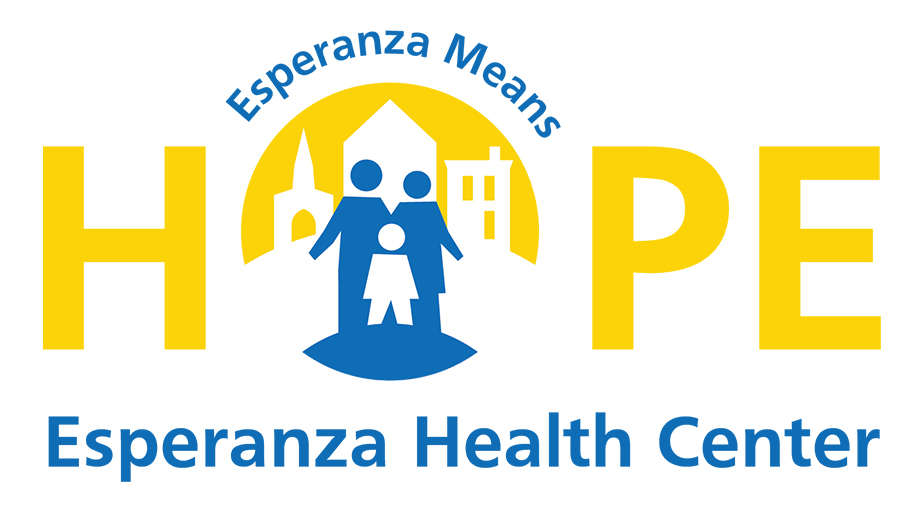Navigating Flu Season: Tips for Staying Healthy!
While the leave change colors, and the temperature begins to drop, there’s an inevitable chill in the wind that whispers a familiar warning: flu season is upon us. While autumn’s arrival brings with it pumpkin spice lattes and cozy sweaters, it also heralds the annual resurgence of the influenza virus. The flu; a three-letter word, can pack a wallop of misery for those unfortunate enough to catch it. In this blog post, we’ll explore what flu season is, common flu myths, how it differs from COVID-19, and most importantly, how you can protect yourself and your loved ones during this time.
What is the flu?
Influenza, commonly known as the flu, is a contagious respiratory illness caused by influenza viruses. Flu season typically occurs during the fall and winter months, with peak activity between December and February. The flu can appear suddenly, and sometimes causes severe illness and, in some cases, may lead to hospitalization or even death. Common symptoms include cough, sore throat, fever, fatigue, and body aches. These symptoms can vary in severity and can last anywhere from a few days to a few weeks.
Myths vs Facts:
- Myth: The flu shot gives you the flu. This is a widespread misconception. The flu shot contains inactivated viruses or pieces of the virus, making it impossible to contract the flu from the vaccine. You may experience mild side effects like soreness or a low-grade fever, but that’s your body’s immune response gearing up to protect you.
- Myth: I don’t need a flu shot every year. The flu virus evolves, so the vaccine changes yearly to match the most prevalent strains. Getting an annual flu shot is essential to ensure you’re protected against the latest strains.
Distinguishing the flu from COVID-19:
It’s crucial to differentiate between the flu and COVID-19, as both illnesses share many symptoms. Here are some key distinctions:
- Fever. While both the flu and COVID-19 can cause fever, this symptom is more commonly seen in COVID-19 cases.
- Loss of Taste and Smell. An abrupt loss of taste and smell is a common symptom of COVID-19 but is rare in flu cases.
- Respiratory symptoms. COVID-109 leads to severe respiratory symptoms, while the flu leads to more generalized symptoms such as body aches and fatigue.
- Testing. If you experience symptoms, it’s advisable to get tested to determine whether you have the flu or COVID-19. Accurate diagnosis is crucial for appropriate treatment and isolation measures
Prevention Strategies/Protecting Yourself and Others:
- Get vaccinated. The most effective way to prevent the flu is by getting a flu shot. It not only protects you but also reduces the risk of spreading the virus to others, especially vulnerable populations such as children and the elderly.
- Practice Good Hygiene. Wash your hands frequently with soap and water, cover your mouth and nose when sneezing or coughing, and avoid touching your face to prevent the spread of germs.
- Keep Your Environment Clean. Regularly clean and disinfect frequently-touched surfaces in your home and workplace, such as doorknobs, light switches, and shared electronics.
- Boost Your Immune System. A balanced diet, regular exercise, adequate sleep, and stress management can strengthen your immune system, making it better equipped to fight off infections.
- Stay Home When Sick. If you’re feeling unwell, it’s crucial to stay home to prevent spreading the flu to coworkers or classmates. Additionally, it is good to self-isolate when in a home with others to prevent spreading the influenza virus to others.
When To Seek Medical Care:
Certain individuals, such as the elderly, young children, pregnant women, and those with underlying health conditions, are labeled as high risk groups, and are more susceptible to severe flu complications. Seek medical attention promptly if you or a loved one in these groups develop flu-like symptoms.
If you experience flu-like symptoms, or if you have been in close contact with someone who is ill, consult a healthcare professional promptly. Antiviral medications may be prescribed to reduce the severity and duration of the virus.
In conclusion, flu season can be challenging to navigate, but with the right precautions and awareness you can reduce the risk of getting sick, and protect those around you. Remember, prevention is key to a healthy and happy fall and winter season. Stay safe, stay healthy, and enjoy the changing seasons with peace of mind!
